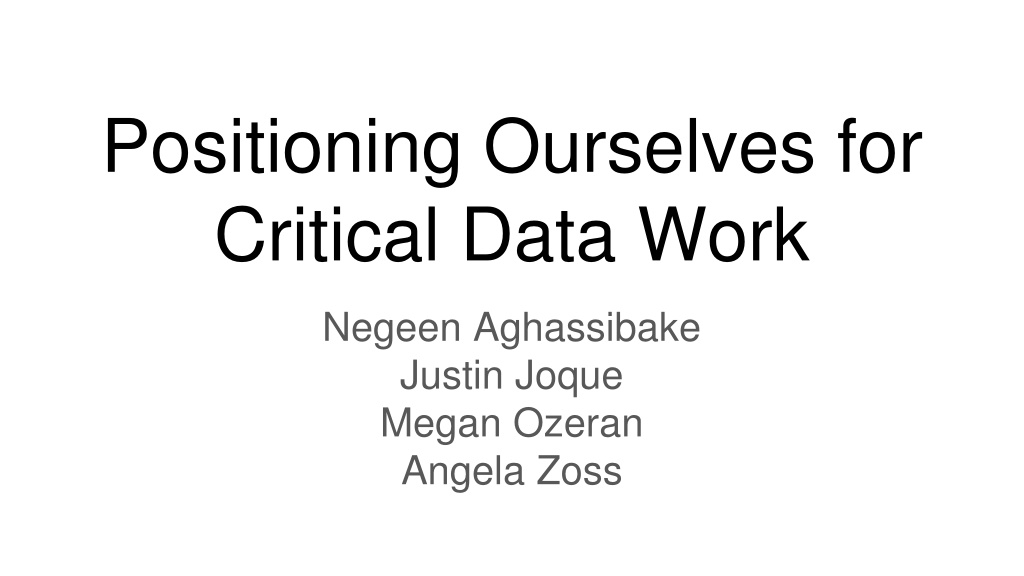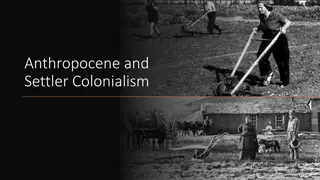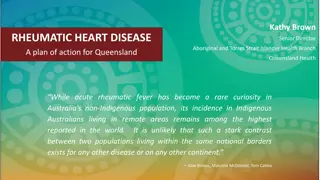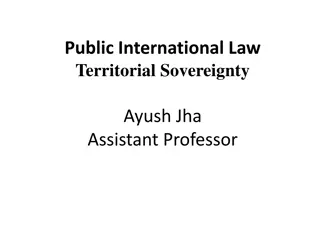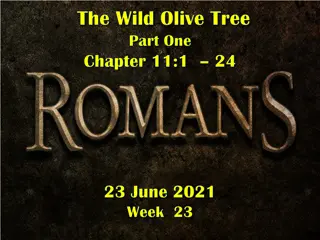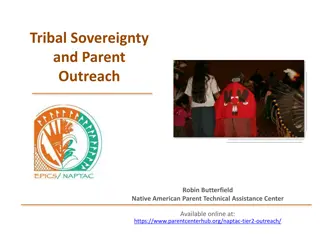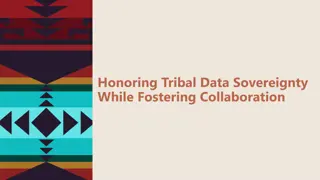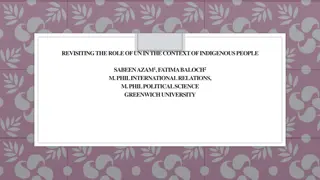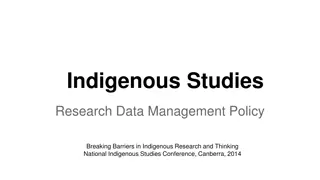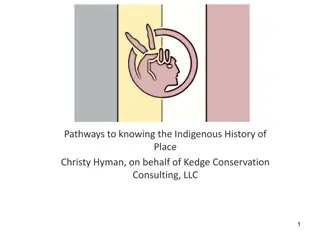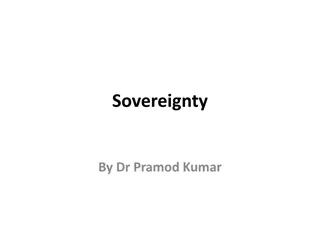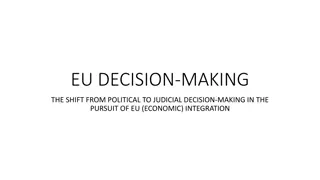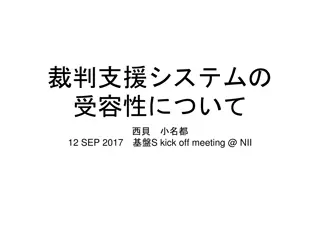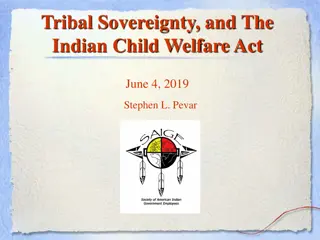Positionality and Indigenous Data Sovereignty in Critical Data Work
Explore the impact of positionality on data work, challenge notions of value-free research, and address issues of erasure and harm in Indigenous data sovereignty. Reflect on how personal values and experiences influence data understanding, and consider the rights of Indigenous peoples in owning and applying data about their lifeways and territories.
Download Presentation

Please find below an Image/Link to download the presentation.
The content on the website is provided AS IS for your information and personal use only. It may not be sold, licensed, or shared on other websites without obtaining consent from the author. Download presentation by click this link. If you encounter any issues during the download, it is possible that the publisher has removed the file from their server.
E N D
Presentation Transcript
Positioning Ourselves for Critical Data Work Negeen Aghassibake Justin Joque Megan Ozeran Angela Zoss
Goals Explore how histories and practices of data work reify systems of oppression Amplify and engage with the work of people who push back against these systems Reflect on our own positionality in these systems
Positionality Positionality is the notion that personal values, views, and location in time and space influence how one understands the world Issues of positionality challenge the notions of value-free research that have dismissed human subjectivity from the processes that generate knowledge and identities. S nchez, L. (2010). Positionality. In B. Warf (Ed.), Encyclopedia of geography. SAGE Publications, Inc.
Erasure One of the ways that there is a continuing genocide against American Indians/Alaska Natives is through data. When we are invisible in the data, we no longer exist. When I see an asterisk that says "not statistically significant," or they lump us together with Pacific Islanders and Asian Americans you can't lump racial groups together. That is bad data practice. Abigail Echo Hawk, Art and Science of Decolonizing Data
Harm through data work Erasure Misrepresentation / Exclusion Indigenous Identity: More Than Something Else Indigital - Australia's First Indigenous Tech Education Company tdvnet.com | Welcome Devaluing of other ways of knowing Mapping Indigenous Depth of Place | American Indian Culture and Research Journal Imagining: Creating Spaces for Indigenous Ontologies Does Information Really Want to be Free? Indigenous Knowledge Systems and the Question of Openness | Christen Stealing data Indigenous Data Sovereignty: Toward an agenda After the Return: Digital Repatriation and the Circulation of Indigenous Knowledge | Museum Anthropology Review Abigail Echo-Hawk on the art and science of 'decolonizing data' Data Disaggregation | NCAI The Spectre in the Archive: Truth, Reconciliation, and Indigenous Archival Memory
Indigenous data sovereignty ...indigenous peoples have inherent and inalienable rights relating to the collection, ownership and application of data about them, and about their lifeways and territories. Kukutai, T., & Taylor, J. (Eds.). (2016). Indigenous Data Sovereignty: Toward an agenda. ANU Press.
Reflecting on our positionality Our homes and the institutions where we work inhabit space that was stolen, often violently, from people whose ancestors are still here and thriving, and who are often continuing their stewardship of the land despite ongoing colonial structures that exploit it.
Positionality Exercise Encourage reflection on land and positionality Engage with our participation in systems of oppression Collect resources for further study bit.ly/vtf-position
